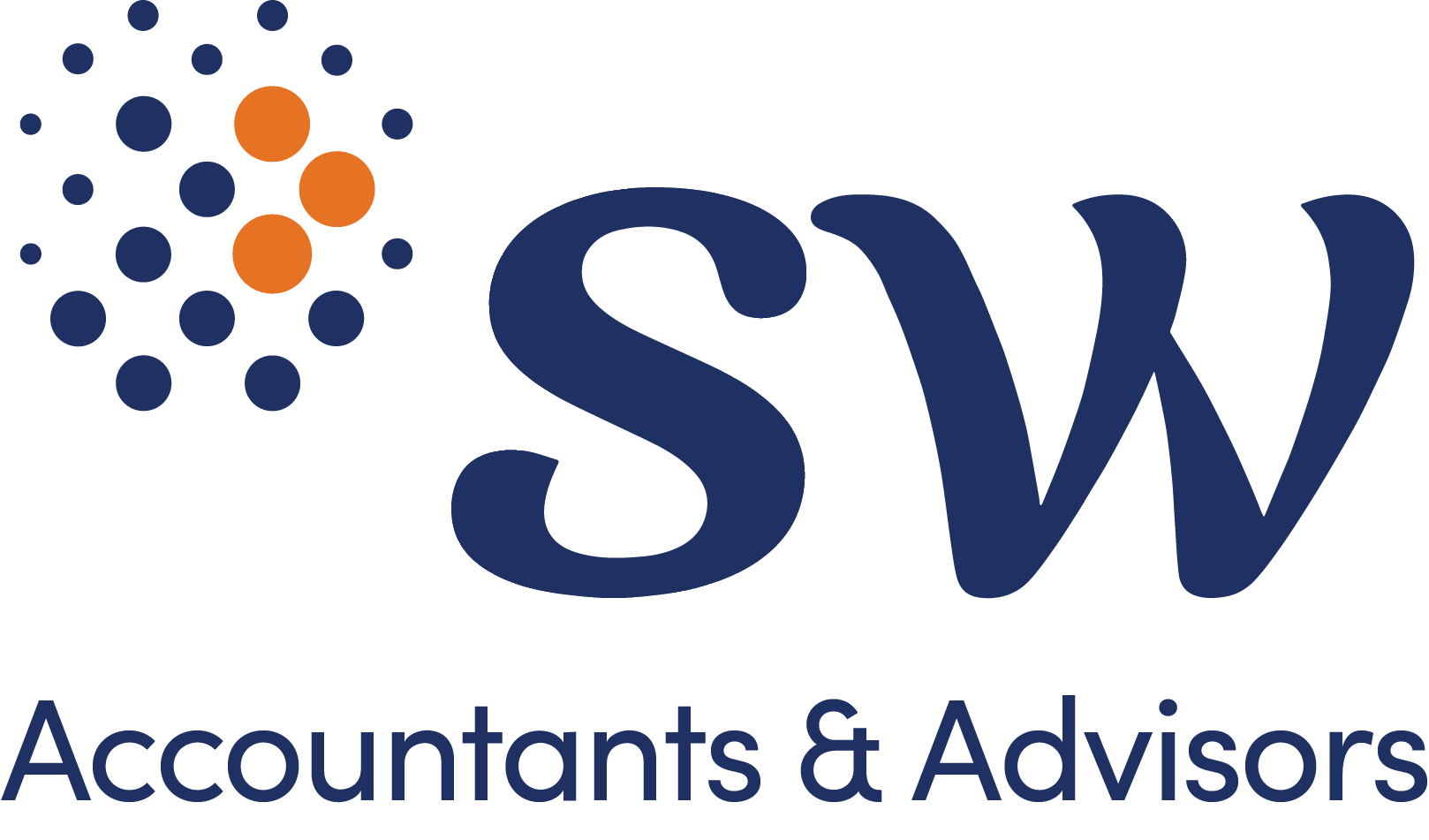
ASIC focus areas for 30 June 2023 reporting
06/07/2023
ASIC has released the focus areas for 30 June 2023 reporting, highlighting the impact of uncertain market and economic conditions on reporting.
The ASIC media release on 6 June 2023 outlined its key areas of focus for this reporting season, stressing the need for directors, preparers of financial reports and auditors to evaluate the potential impact of shifting circumstances, uncertainties, and risks.
Key areas of focus
Asset values
Considerations for directors, preparers, and auditors regarding asset values include:
- impairment of non-financial assets
- appropriate valuation methods
- factors affecting property values
- expected credit losses
- asset classification
- inventory valuation
- deferred tax assets
- investments in unlisted entities.
Provisions
Financial statement preparers need to provide sufficiently for potential expenses or obligations relating to onerous or loss-making contracts, property leases, restoring mining or other sites, providing financial guarantees, and making changes to your business.
Solvency and going concern assessments
In a growing interest rate market, debt can become very expensive to manage and covenant breaches more common resulting in solvency and going concern issues. Inflation is also an issue for many entities to manage. Our advice is to ensure that projections are reasonable and realistic and going concern disclosures are made with sufficient detail in the financial statements if there are material uncertainties surrounding going concern.
Events occurring after year end and before completing the financial report
It is important to review any events that happen between the end of the year and the completion of the financial report. This review should determine if these events have any impact on the assets, liabilities, income, or expenses at the end of the year or if they involve new conditions that need to be disclosed. Covenant breaches post year-end need to be identified. Adjustments or disclosures relating to relevant events post-year end is important to investors and other stakeholders. Omission of such material information could be problematic, in particular in an uncertain economic environment.
Disclosures in the financial report and Operating and Financial Review (OFR)
Disclosure of information is important to investors and other stakeholders. Directors must ensure disclosures are specific to the entity’s circumstances and highlight changes from the previous period. Address uncertainties, classify assets and liabilities correctly, and explain the impact of economic conditions in the Operating and Financial Review. Discuss risks, strategies, and consider climate change and cybersecurity risks. Present non-IFRS profit measures accurately and disclose significant developments since end of last year in half-year reports.
Impact of uncertainty
Market and economic conditions are particularly uncertain this year, which impacts financial reporting in areas where significant estimates and judgements are required in the financial statements.
The impact will be different depending on industry, geography, markets, suppliers and customers but very few industries are not facing significant uncertainty.
Directors and financial statement preparers should take into account what the entity’s current performance is, what the future holds and how those factors impact on values of assets, provisions and business strategies.
“We have seen ASIC take more action against Directors in recent times and recommend that Directors are across all the significant estimates and judgements in their financial reports, including ensuring material disclosures are appropriate, complete and accurate. In an uncertain economic environment, more estimates and judgements are required in financial reporting particularly when incorporating forward-looking information,”
Rene Muller, Partner SW Assurance and Advisory Division
The particular market conditions highlighted by ASIC as those representing changing circumstances, uncertainties and risks are:
- availability of skilled staff and expertise, which can impact on revenue and costs
- impact of rising interest rates on future cash flows and on discount rates used in valuing assets and liabilities
- inflationary impacts that may differ between costs and income
- increases in energy and oil prices
- geopolitical risks, including the Ukraine/Russia conflict
- impacts of climate change, climate related events and transitioning to ‘net zero’
- technological changes and innovation
- COVID-19 conditions and restrictions during the reporting period
- changes in customer preferences and online purchasing trends
- discontinuation of financial and other support from governments, lenders and lessors
- legislative and regulatory changes
- other economic and market developments.
How SW can help
Our team of audit and assurance experts are fully informed of the ASIC focus areas and can assist with providing guidance for your year-end financial reporting, as well as keeping you abreast of developments from an Australian reporting context.
Reach out to our key contacts here for a conversation.


